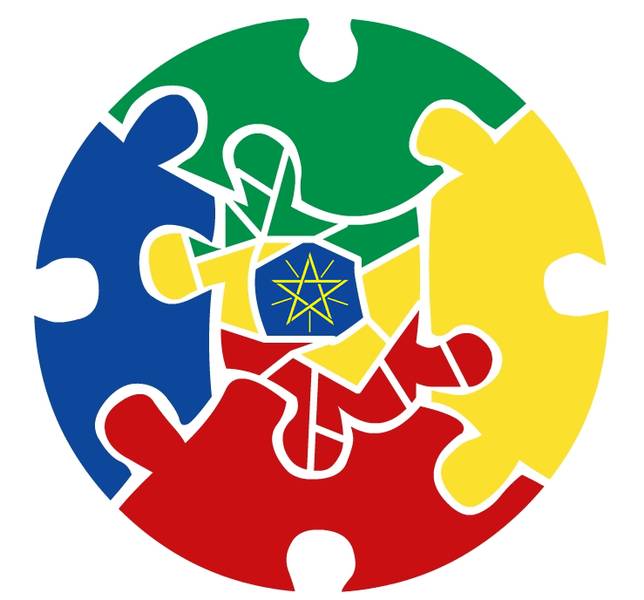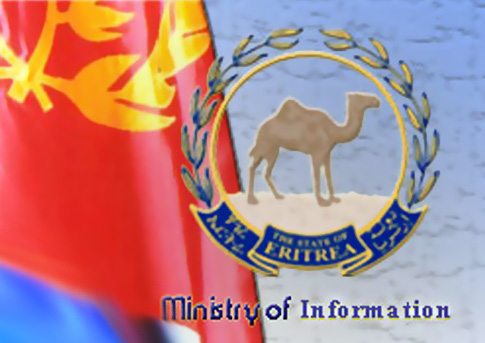Ethiopia and Somaliland agree on importance of transit cooperation mechanisms
Ethiopia and Somaliland agreed on Monday (January 6) to exercise maximum effort to establish short and long-term transit cooperation mechanisms. These are intended to help find mutually agreed directions for modalities for Ethiopia’s use of Somaliland ports. In a meeting between Somaliland officials and Ethiopia’s Consulate General Office in Hargeisa, the two sides discussed details of the opportunities and challenges on usage of transit services raised by both sides. Of particular emphasis was the possibility of revising the current status of transit service deliveries to the Ethiopian private sector. This has recently come to a halt following Somaliland insistence that a lasting trade and transit agreement should be signed. Somaliland’s Minster of Foreign Affairs chaired the ad hoc committee, made up of senior officials of the ministries of finance, defense, aviation and planning, which has been tasked to look into the issue. Among those present were Somaliland’s Minister of Defense, Ahmed Haji Ali Adam, the Minister of Aviation, Mohamoud Hashi Abdi, the Minister of National Planning, Dr. Sa’ad Ali Shire and the Deputy Minister of Finance also addressed the meeting. Ethiopia’s Consul General in Somaliland, Brigadier General Berhe Tesfay, led the Ethiopian delegation.
General Berhe said the establishment of the ad hoc committee and the convening of its first meeting was an indication of the Somaliland government’s determination to address issues of mutual interest. Describing security, trade and transit, infrastructure and capacity building as the four main pillars for cooperation between Ethiopia and Somaliland, he said Ethiopia was fully aware of the port potential available in Somaliland. He expressed his optimism that this would provide Ethiopia with the opportunity to have improved access for imports or for exports originating from parts of Ethiopia relatively proximate, especially in eastern and south-eastern areas. The amount involved was up to approximately 30% of Ethiopia’s total transit traffic, and this amount could pass through the ports once these were properly developed and improved in terms of capacity and quality. This, he added, would also need a more secure, affordable, competitive and seamlessly structured service delivery system. He said constructive engagement between the two sides would also be of paramount importance in gaining the necessary international support.
The Consul General said Ethiopia had been using Berbera port until recently on the basis of earlier agreements. Although there were no officially available figures, estimates suggested that Ethiopia has been spending hundreds of thousands of dollars in transit fees every year. The number of Ethiopian businessmen using Somaliland ports had steadily increased until recently. Now, however, this trend seemed to be facing challenges which if left unaddressed might discourage existing and new customers from using the Somaliland ports. Customers who preferred to continue to use Berbera were facing problems and some had already turned to Djibouti. Two reasons were cited. One was the demand for an import tax in addition to transit fees, effectively doubling costs. The second was Somaliland’s expressed desire to temporarily suspend transit services until the comprehensive agreement under negotiation had been finalized. Ethiopia, said the Consul General, recognized the legitimacy of this wish, but he pointed out that reaching a lasting and comprehensive agreement might take some time as it required detailed and continuous negotiations to accommodate the mutual benefits of both sides as well as synchronized development of transit corridors.
General Berhe therefore suggested the two sides should agree on a temporary mechanism which could be open to continuous improvements including harmonized pricing in order to ensure the current transit service could be maintained while a comprehensive agreement was negotiated. This would help avoid any undesirable precedent which might harm broader future customer engagement.
Somaliland’s Foreign Minister, Dr. Mohamed Bihi Yonis, expressed his government’s welcome for the growing relations in political, security, trade and other areas. He said his office was ready to address any issues which could help to strengthen this cooperation. He agreed the two sides should exploit the potential of cooperation over transit goods and expressed the Somaliland government’s desire to work with Ethiopia in developing transit corridors and expand port facilities. He said every opportunity should be used to expand cooperation in trade and to balance the volume of trade between them. General Berhe shared the Minister’s view and expressed Ethiopia’s readiness to encourage Somaliland-produced trade items to enter the Ethiopian market at minimum tax rates. He added that encouraging the expansion of transit services would also help to increase Somaliland revenues.
Among other issues discussed was the need to work to improve the trade balance and expansion of transit corridors and port capabilities. The meeting concluded with plans to convene similar discussions in the near future.
****************





